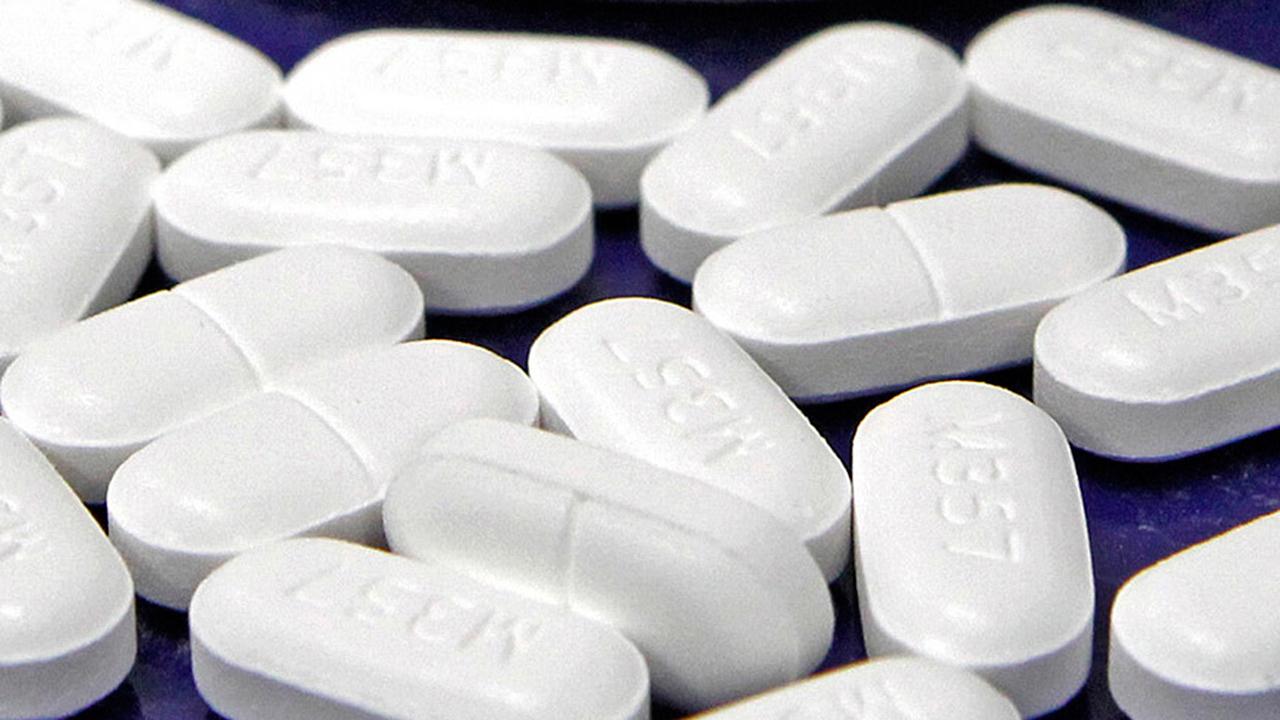States suing drug companies over price fixing is 'unusual,' Judge Napolitano says
Forty-four states filed a lawsuit accusing the biggest drug makers of a massive conspiracy to milk consumers out of billions of dollars, and inflate prices for generic medications by up to 1,000 percent. Fox News senior judicial analyst Judge Andrew Napolitano says this is rare.
“It’s unusual- state attorneys general going into federal court to enforce federal law, where the federal Justice Department has chosen not to do something,” he told FOX Business’ Maria Bartiromo on Monday. “That makes this different.”
The lawsuit which was filed in the federal court in Connecticut on Friday accusses pharmaceutical company’s including Teva, Mylan, Pfizer, and Novartis, of working together to price gouge sales and marketing for generic drugs. Judge Napolitano said this is rather unusual because the Department of Justice typically are the ones who file the lawsuits against pharmaceutical companies such as the case against former Turin Pharmaceuticals CEO, Martin Shkreli who rose the price of Retrophin from $13.50 to $750.
“Ordinarily, the Justice Department would indict or would sue in a case like this—the Justice Deptartment, the anti-trust division, has decided not to do anything. So you have forty-four state attorneys general agreeing to file the same lawsuit in federal court in Connecticut, which is where Teva’s U.S. headquarters is located, because it’s an Israeli company,” said Napolitano.
| Ticker | Security | Last | Change | Change % |
|---|---|---|---|---|
| TEVA | TEVA PHARMACEUTICAL INDUSTRIES LTD. | 13.01 | 0.00 | 0.00% |
| MYL | n.a. | n.a. | n.a. | n.a. |
| PFE | PFIZER INC. | 26.26 | -0.06 | -0.23% |
| NVS | NOVARTIS AG | 98.37 | +1.08 | +1.11% |
The price surging of prescription drugs have drawn the attention from both sides of the aisle -- from President Trump to Democratic presidential candidate, Elizabeth Warren, D-Mass,.
The lawsuit alleges that for many years, these pharmaceutical companies and makers of generic drugs had operated under an agreement not to compete against each other and to settle instead for what these companies called a ‘fair share’ of the market value to avoid pushing prices down through competition. The suit says that in 2012, these companies allegedly sought not only to maintain their ‘fair share’ of the generic drug market, but to also significantly raise prices on as many generic drugs as possible.
“Congress has regulated to prevent an agreement to fix prices. If this agreement is as blatant as these forty four attorneys general claim it is, it’s mind boggling that we didn’t know about it before and that the DOJ is not involved,” said Napolitano.
To accomplish this goal, the suit says Teva selected a core group of competitors with which it already had "very profitable collusive relationships," and developed understandings to lead and follow each other's price increases. Teva Pharmaceuticals USA, a wholly owned subsidiary of Israeli-based Teva Pharmaceuticals Industries Ltd, is named the firm as taking the lead behind the conspiracy. In order to accomplish this goal, the suit says Teva choose a group of competitors which would essentially reap similar benefits and developed an understanding to lead and follow one another’s price increases.
“[Pharma companies] can raise the prices all they want. That is not actionable. But if they do it in conjunction with each other, that’s classic price fixing which the statues prohibit, federal statues prohibit,” said Napolitano.
CLICK HERE TO GET THE FOX BUSINESS APP
Beginning in July 2013, during the 19 month period, the suit says Teva significantly raised prices on approximately 112 different generic drugs and on at least 86 of those drugs colluded with a group it referred to as 'high quality' competitors. The suit says that the size of the price increases varied but was over 1,000 percent for a number of the drugs.
This of course is not the first time these large pharma companies have come under fire: In February 2018, Teva came under fire last year for charging $18,375 for a bottle of 100 pills used to treat a rare medical condition known as Wilson disease. Mylan received similar backlash when it raised the price of a two-injection EpiPen set from $57 (when Mylan acquired it) to $600.
